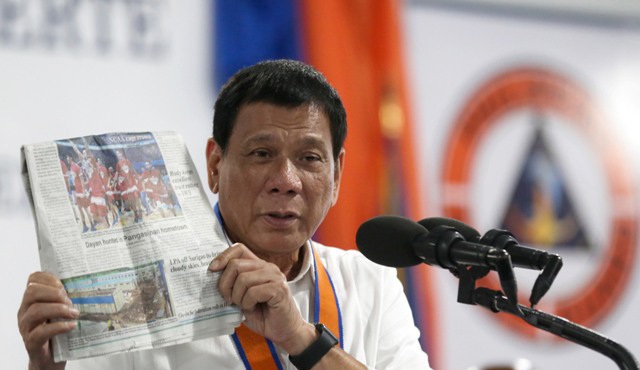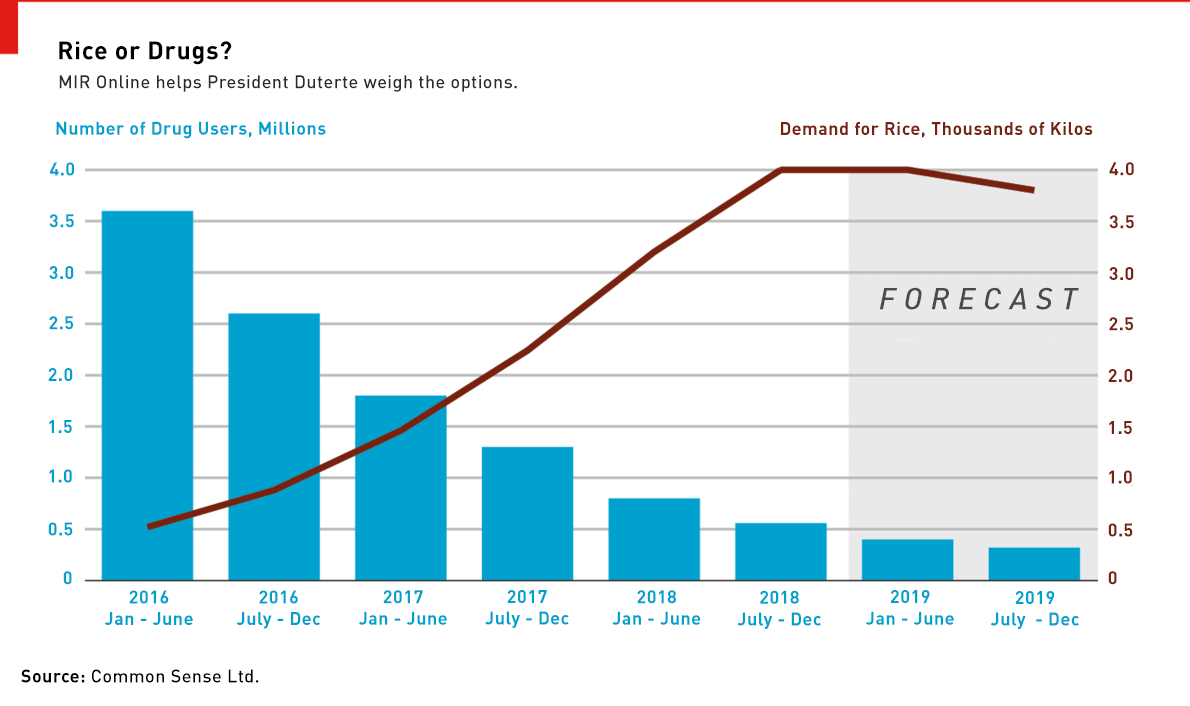Philippines Rice Crisis Caused by Peckish Rehabilitated Drug Addicts, Duterte Claims

MANILA, PHILIPPINES – Philippine President Rodrigo Duterte’s Drug War has been an unquestionable success. After ending all drugs 3 to 6 months into his presidency through the sheer force of machismo intimidation, Duterte may have a new issue to mark off his checklist: the Philippines’ growing rice crisis, and he may have been the person that caused it.
While Duterte personally vowed to kill all three million drug addicts, he’s come up a tad short at just over twelve thousand. This has been in part due to his astronomical success in rehabilitating the same addicts he’s committed to killing. This has had a negative effect on the demand for rice, a staple in the Philippine diet. After an in-depth discussion with his staff, Duterte provided a helpful explanation for the panicked populace.
“Halos lahat sila payat. Kinakain ang shabu. Alam mo kung bakit payat sila? Hindi sila kumakain,” [“Most of them were skinny. They were eating shabu. Do you know why they were skinny? They were not eating.”] Duterte informed the press from the Malacañang Palace. “Marami nang na-rehab kaya tayo nagkaroon ng rice crisis. Kumakain na ang mga ulol eh!”[Many have been rehabilitated that’s why we now have a rice crisis. The fools have started eating again!]

This satire article is apart of MIR’s April Fools day publication cycle. The views expressed in this piece do not represent the views of The McGill International Review. Moreover, this is a work of fiction. Any resemblance to actual persons, living or dead, or actual events is purely coincidental.
